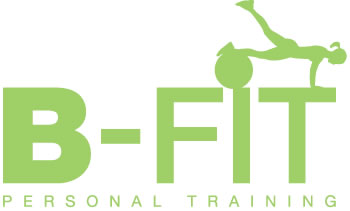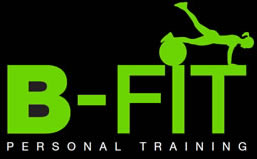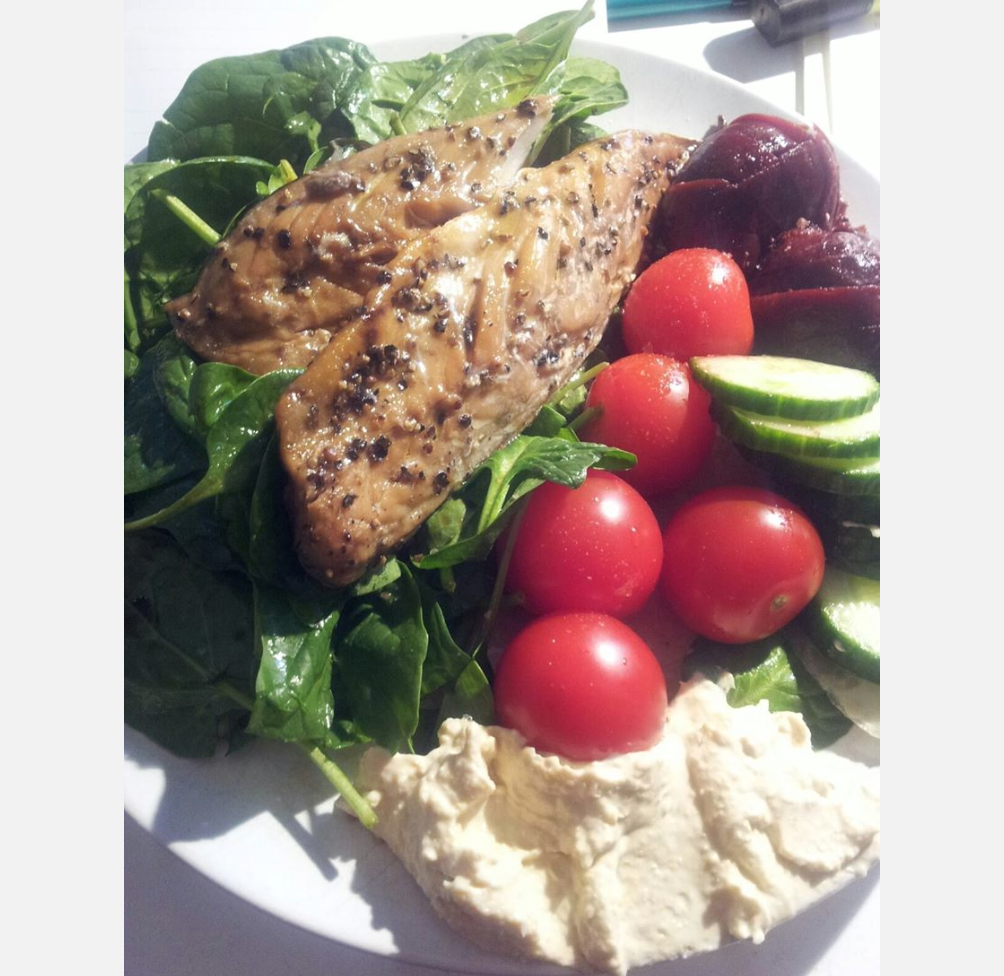The current economic climate presents many challenges to eating healthy and staying on budget. But I want to re-assure you there’s definitely things you can do. So, I thought I’d put together some tips to help you and your loved ones stay healthy that are also wallet-friendly.
It’s so tempting to give in to the cheap and easy fast-food options but remember they are laden with chemicals and are poisonous to our bodies. If we eat rubbish food, one day we will pay the price!
Before I dive into the actual tips, one of the best things you can do, which is healthier and cheaper, is to always shop the perimeter of the grocery store. The perimeter of the store is where all the produce is — the real living food. The centre aisles are generally full of all the processed stuff that’s got next to no nutritional value.
Eating healthy on a budget generally means you’ll be eating more home-cooked meals. It’s not only cheaper but you also know exactly what’s in there!
Let’s get started …
TIP 1 – EAT MORE VEGETARIAN MEALS
Let’s face it meat can be expensive. The good news is there are many high protein food options out there that are not meat. Lentils, beans, quinoa, hemp, and chia seeds are great sources of protein that are rich in fibre and so leave you feeling full and satisfied.
TIP 2 – EAT FOODS HIGH IN FIBRE AND GOOD FATS
To stay fuller for longer, opt for foods high in fibre and/or good fats. Examples include all pulses; nut butter; all veggies but especially cruciferous ones such as kale, broccoli, cauliflower, etc; fruits; wholegrains; fats such as avocado and coconut oil.
TIP 3 – EAT FOODS IN SEASON
When making your shopping list, be aware of what’s in season. Seasonal food is always cheaper and fresher. When creating a meal plan, try to incorporate these seasonal ingredients to cut costs.
TIP 4 – STOCK UP ON FOODS ON SALE
When organic products go on sale, stock up! When we buy items on sale, we instantly cut down on the grocery bill. Also, many items such as fruit/veggies can be stored in the freezer for later use which means you can capitalise on the offers at the time.
TIP 5 – BULK BUY
Very often when you buy in bulk you’ll save. So do check this option out. If you see food that you’d naturally use in your meals with offers available for bulking buying, then buy!
You could even then bulk cook certain meals like stews, soups, and one-pot meals and then freeze for future use. You not only save money but time too!
TIP 6 – MAKE A LIST AND STICK TO IT
I don’t know what you are like but I know if I don’t have a food shopping list I can succumb to all sorts of ad hoc random purchases. When planning your meals, it’s important to write down everything you need and stick to it. This will help keep your costs down. Lastly, do not be tempted to pick up those “easy-grab” unhealthy items at the checkout that are purposely put there!
TIP 7 – START A SMALL VEGGIE GARDEN
If you’re green-fingered why not start a small veggie garden? A small garden can produce a large amount of food so saving you money and providing healthy food for all the family. If you do not have a garden, consider growing some potted foods near a kitchen window such as herbs, etc
TIP 8 – BUY LOCAL
Buy at local shops and farmer’s markets. Farmer’s markets have great prices on produce and you’ll get the freshest food available. And on top of this, you’re supporting local businesses too!
TIP 9 – RECREATE LEFTOVERS
To cut down on food waste and save money try and recreate your leftovers. Veggie leftovers? use them in an egg scramble. Leftover chicken? put it in your soup or stew. Extra potatoes? fry them in some coconut oil with crushed himalayan salt and pepper!
I hope these budget food tips have given you plenty of ideas.
What are your tips for eating healthy on a budget? Email me GAYNOR@B-FIT.UK.COM and let me know.
Love Gaynor x





